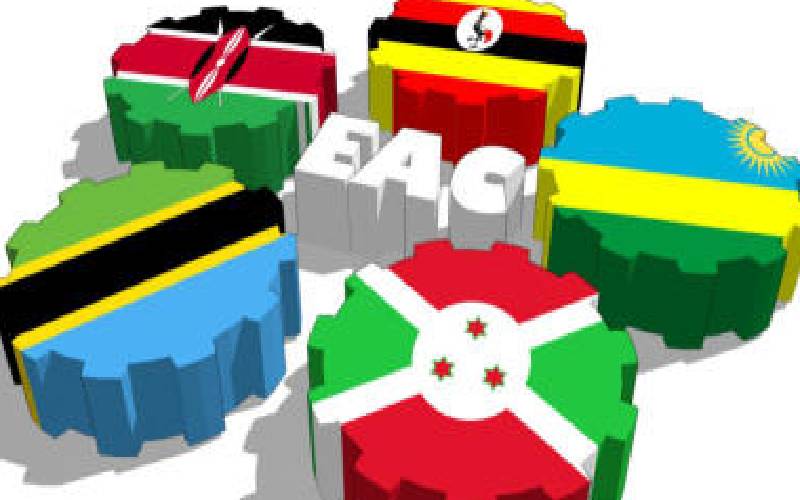×
The Standard e-Paper
Stay Informed, Even Offline

Regional feuds are reaching a boiling point. Last year, Excel Trucking a Kenyan-based transportation company was contracted to transport a consignment of goods from Mombasa to Soroti, Uganda on behalf of another firm.